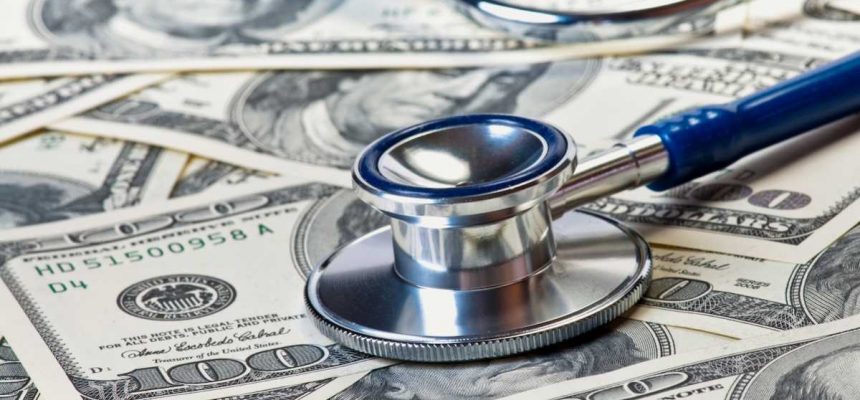Four Largest PBMs Control 70 Percent of the Prescription Drug Market
By Consumers for Quality Care, on September 25, 2024

A study conducted by the American Medical Association found that four pharmacy benefit managers (PBMs) control 70 percent of the prescription-drug market, Fierce Healthcare reports.
The study found that CVS Health’s Caremark, UnitedHealth Group’s Optum Rx, and Cigna’s Express Scripts control 21.3 percent, 20.8 percent, and 17.1 percent of the market respectively. Prime Therapeutics, which is owned by multiple Blues plans, controls 10.3 percent of the prescription drug market.
PBMs are middlemen who set prices between prescription drug manufacturers, health plans, and pharmacies. PBMs claim to save consumers money, but they have been found to charge artificially high markups for drugs, boosting their own profits. This makes it all the more troubling that the largest health care companies control the largest PBMs, meaning that the PBMs are essentially negotiating with themselves.
AMA President Bruce Scott M.D. called on both Congress and the Biden administration to increase scrutiny on the industry. “The call for increased regulatory oversight of PBM business practices is overwhelmingly welcomed by physicians as a check against possible anticompetitive harm resulting from low competition and high vertical integration in the PBM industry,” Scott said. “The AMA urges careful monitoring, and intervention when needed, of both horizontal and vertical integration to ensure competition in PBM and health insurance markets.”
Lawmakers and regulators have enacted measures to rein in the industry. In Congress, both parties have launched investigations into the industry, calling for reforms to increase transparency and reduce anticompetitive practices. Also, this summer, the Federal Trade Commission (FTC) filed a lawsuit against the three largest PBMs over their price-negotiation tactics for critical prescription drugs, including insulin.
CQC urges lawmakers and regulators to continue scrutinizing harmful PBM practices that increase what consumers pay for prescription drugs.




